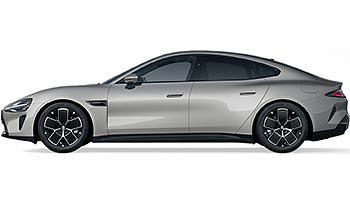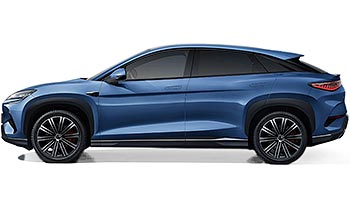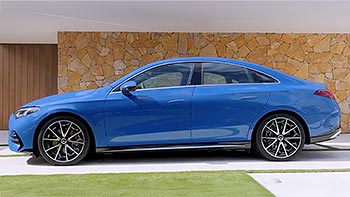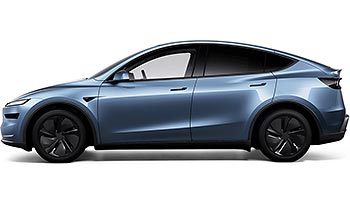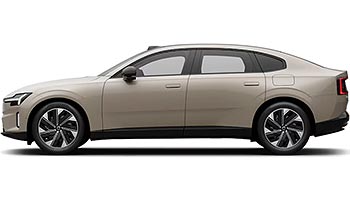Porsche sets up EV battery recycling pilot

Despite recent EV strategy changes, Porsche is taking a big step towards sustainability. The company has launched a pilot program focused on recycling EV batteries, with a goal to create a "closed-loop" system. The German automaker claims it can recover valuable raw materials from used batteries, reducing the need for environmentally damaging mineral mining.
Recycled battery components are becoming very important. With more and more electric cars entering the global markets, the demand for raw materials like nickel, cobalt, manganese, and lithium is growing exponentially. Porsche wants to establish a recycling network in collaboration with external partners, in order to create a more stable and sustainable supply chain.

The new recycling pilot program comes in three phases. First, batteries from development vehicles are mechanically processed into "black mass," a substance containing valuable raw materials. Porsche claims it has already produced approximately 65 tons of black mass. The second phase involves refining the black mass to meet Porsche's stringent purity and quality standards for new battery production. The final stage is to use the recovered materials to manufacture new batteries, demonstrating a complete circular economy approach.
Porsche designed the new recycling process in preparation for upcoming regulatory changes expected in Europe by 2031. By proactively adopting recycled materials, the company wants to minimize its environmental footprint. The pilot project complements Porsche's other sustainability efforts, such as developing more efficient EVs with longer-lasting batteries and repurposing batteries in "Second Life" Battery Energy Storage Systems.
 ''Black mass'' ready for recycling
''Black mass'' ready for recycling
There's no walking away from it - recycling is unavoidable for the future of electric cars. As the number of EVs on the road grows, so does the demand for new batteries. By creating a closed-loop system, Porsche is reducing its reliance on raw material mining and also contributing to a more sustainable and environmentally responsible automotive industry.
And then we have security implications - the global situation is changing very quickly, and if recycling can be proven to work, automakers would be able to rely less on raw materials from countries that are becoming increasingly hostile. The added benefit is the lower cost of the battery components, which will translate to lower EV prices, although we shouldn't expect revolutionary price drops.
Related
Reader comments
Nothing yet. Be the first to comment.












